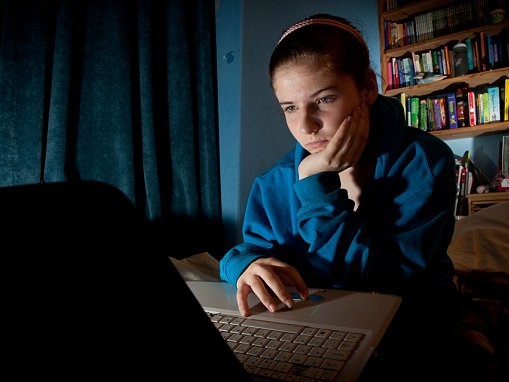By Gavin Mackintosh-
Parents have been warned to keep devices away from the dinner table in new advice to ensure kids do not overindulge on screen time.
England’s chief medical officer Dame Sally Davies released the guiding report advising against children spending too much time on smartphones, tablets and computers and in front of the television impacts on their development.
The 11 page document radically calls on schools to introduce lessons on internet safety and asks tech giants to do more to protect youngsters from harmful content online. It imposes on firms a “duty of care” to users, and to establish a voluntary code of conduct before the introduction of new laws by ministers.
The implementation of effective age verification to keep underage kids off their sites and ensure ads are age appropriate, is also an imperative requirement called for under the special guidelines. Social media sites will also be legally forced to safeguard children from addictive content and photos that “normalise” self-harm, suicide and anorexia. The guidelines are good and necessary, and will protect children from the hazards of the internet, if well implemented. Children should instead be encouraged to read wider, and prepare well for adult life when they are still very young.
The CMOs say the tech industry should fund a decade of research on the health impact of screen time and share usage data with researchers to aid this work. Dame Davies highlighted the importance of face-to-face conversation at the dinner table as well as axing screens from the bedroom to ensure good quality sleep. She also asked parents to follow schools’ screen time on policy and to make sure that kids don’t use phones while out and about near busy roads.
Her detailed guidance included not sharing family photos online, promoting taking breaks, talking to kids about their viewing habits and using apps and parental guidance features to monitor and control screen time.
However, the report does warn that scientific evidence does not yet demonstrate proof of a clear link between screen-based activities and mental health problems – but the report stresses that it “doesn’t mean there is no effect”.
“Time spent online can be of great benefit to children and young people, providing opportunities for learning and skills development, as well as allowing young people to find support and information,” she said. “But we need to take a precautionary approach, and our advice will support children to reap these benefits and protect them from harm.




